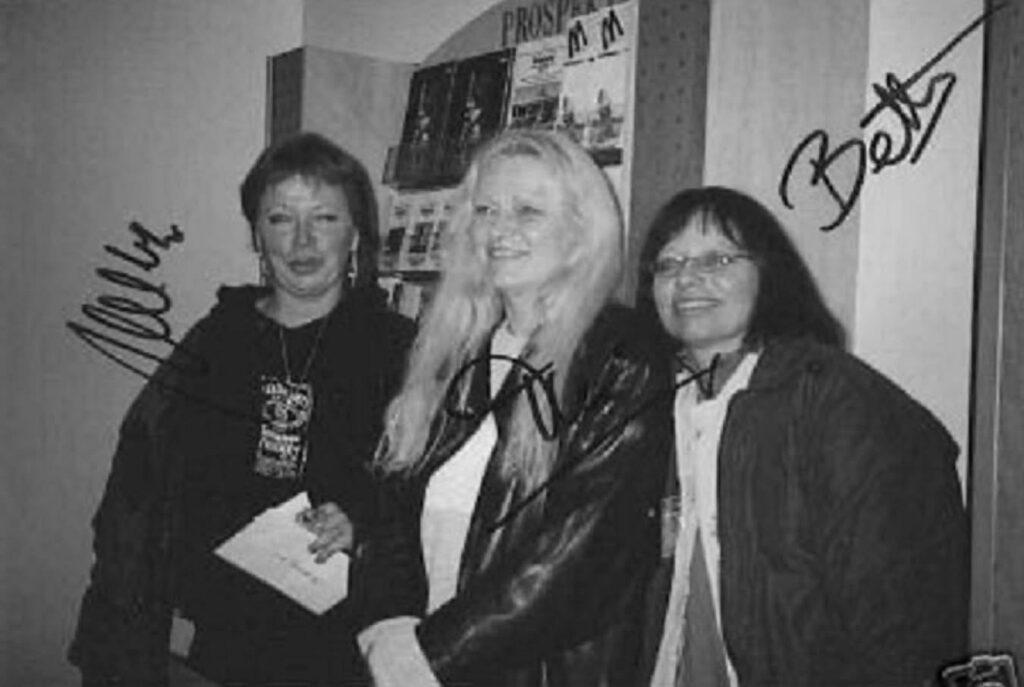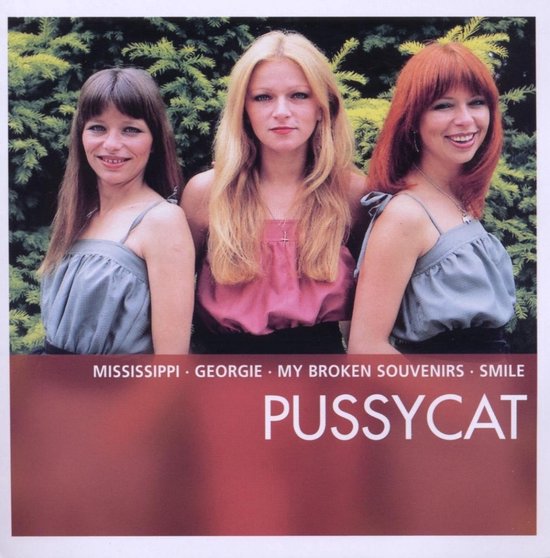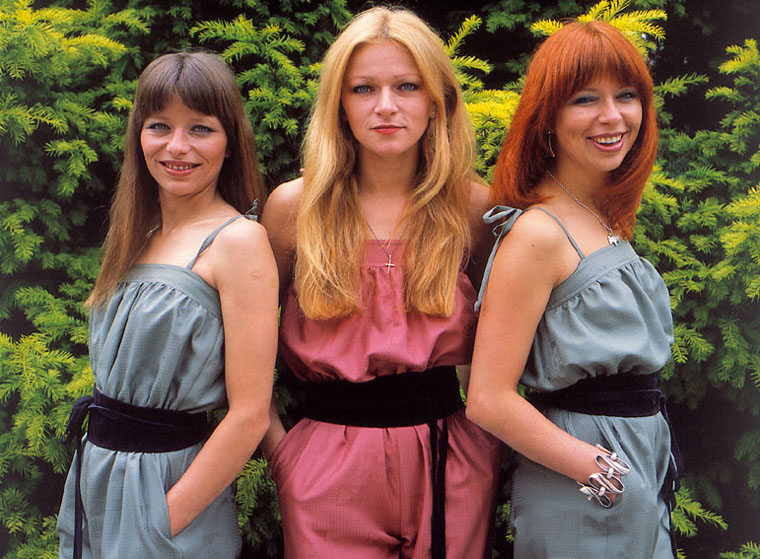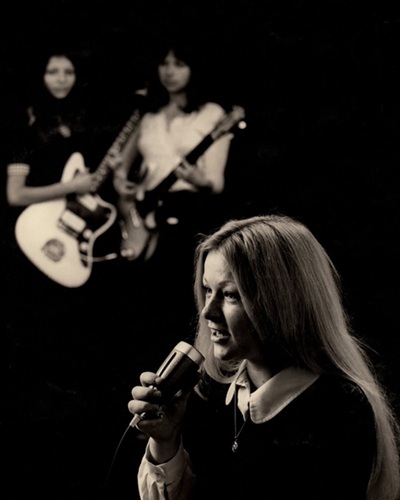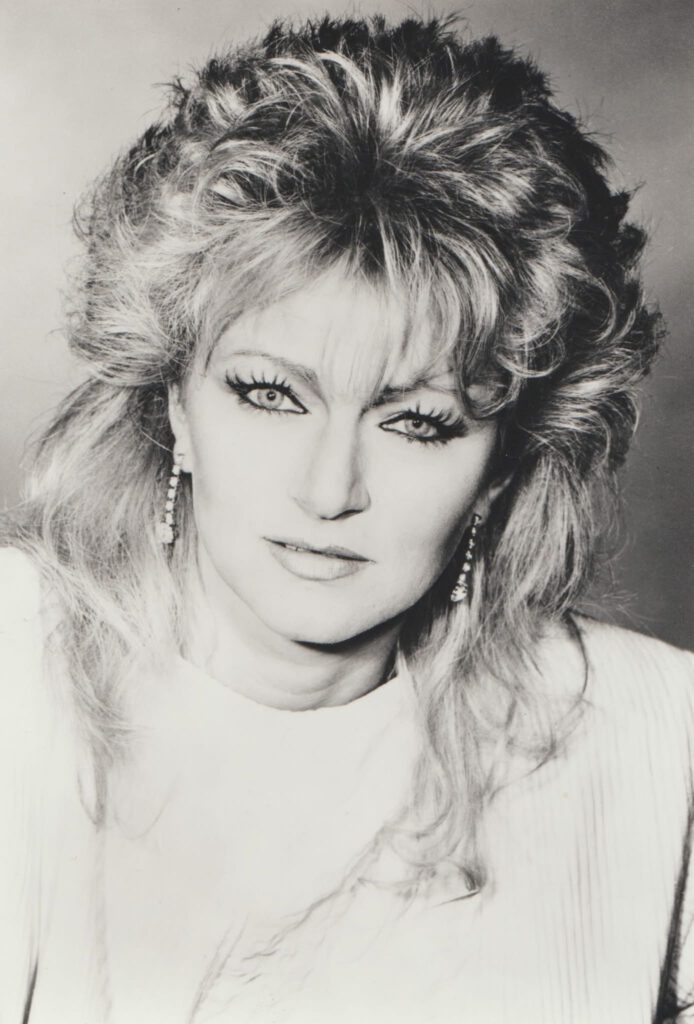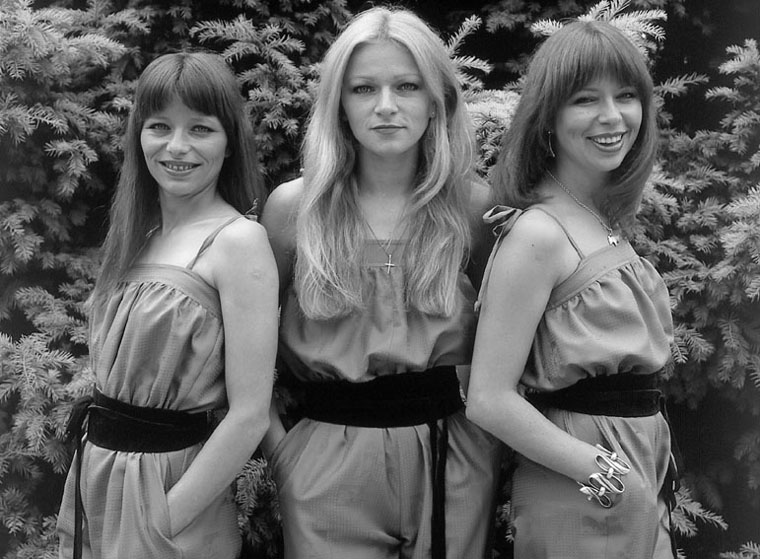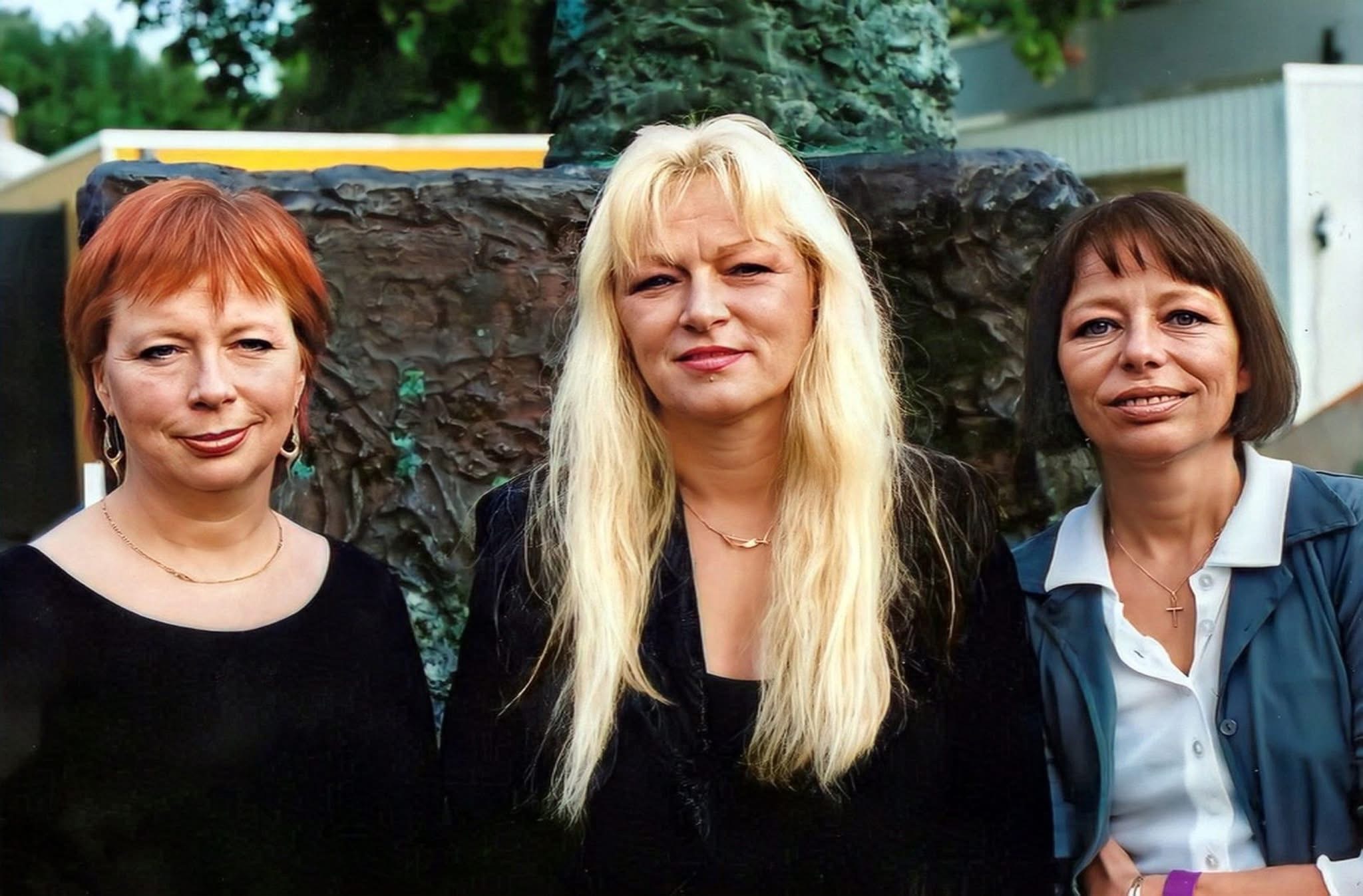
Mississippi is a song whose music and lyrics were written by the Dutchman Werner Theunissen. It became a big hit by the Dutch music group Pussycat.
Theunissen was inspired by the 1967 hit Massachusetts by the Bee Gees. The song is about the decline of country music and the rise of rock music, in the music you can clearly hear moments of rock sounds and country influences that dominate the song. The song is already several years old, when Eddy Hilberts, then a novice music producer at Bovema, sees a successful combination when Pussycat, then mainly busy with Motown repertoire, starts singing it. Wim Jongbloed arranged it and was responsible for the arrangement for the string orchestra. The first recordings took place on January 4 and 5, 1975. Drum kit, bass guitar, acoustic guitar and pedal steel guitar are recorded while the singers already sing along without recording them (guide vocal). Hilberts saw this as the method to keep the music alive. Studio musicians often read from sheet music and that later did not combine well with the atmosphere of the vocals. During those recordings, a whole series of musicians came to the Bovema Studio in Heemstede:
- zang: Tonny Willé, Marianne Hensen, Betty Dragstra
- acoustic guitar: Hans Vermeulen; pedal steel: Frans den Doolaard; country guitar: Mark Boon
- bass guitar: Jan Vermeulen
- piano: Jacques Greuter
- drumstel: Louis de Lussanet
- string orchestra conducted by Benny Behr
- mandolin: Mien van de Heuvel and Toos van de Brink.
The guitarist Mark Boon drew the attention of the singers to the correct pronunciation of “country”. Carnival stopped recording, but in March 1975 the three singers came to the studio to sing the vocals. The string orchestra came next; Hilberts first wanted an ARP Solina String Ensemble, but that didn’t sound good to him. Hilberts played his guitar part last and mixed the recordings in such a way that they sound slightly higher than the original; it gives a sharp edge. Hilberts is also responsible for a different drum sound; He placed the microphone far above the percussion.
Bovema, faced with an overrun of the budget, actually saw nothing in Mississippi. It was too old-fashioned according to the promotion chief. Although the song was released as a debut single from Pussycat, Bovema hardly paid any promotion to the single with B-side Do it. It became quiet around Mississippi, which was first released in April 1975 on a promotional album, intended for export. The single followed in August. The song only gained momentum when the NCRV used it to support a quiz question about the Mississippi. Disk jockey Meta de Vries wanted to play it at the beginning of September and kept playing it after that. Buyers then knew where to find it and in the autumn of 1975 it entered the charts. The song reached number one in the Top 40 and the National Hit Parade on December 13, 1975. In these charts, it remained at number 1 for four and three weeks respectively. A number of other countries followed in their footsteps, such as Belgium and West Germany. In the United Kingdom they also wrote off the song as corny, dull, boring and they didn’t want to release it. When that happened under resistance, Mississippi also entered the charts there and was even the first number 1 hit from Dutch soil. From August 28, 1976, it was in the British list for 21 weeks, of which four weeks in first place. A special promo clip was shot in 1976 to conquer the European market. The video took place on a paddle steamer and followed singer Willé during the vocal parts, after which the band was shown in its entirety at the choruses.
In the aftermath, the Netherlands thought that Pussycat would be millionaires with an estimated circulation of 4,000,000 copies. However, as a starting band, they received few royalties. Moreover, the audience expected them to specialize in Mississippi-like country music, which was not the case. The fact that they performed as a band didn’t help either; dragging instruments and seven musicians. They were therefore commercially overtaken by vocal groups such as Luv’ and Dolly Dots, who came to perform with an orchestra/tape band. Hilberts was also somewhat pinned down with this number.
The song appeared on their debut album First of all, which followed only a year after the first release of Mississippi (April 1976).
The song has been covered many times, including by Lucille Starr, Barbara Fairchild, Claw Boys Claw, Jonathan King, Matchbox, Jo Vally, Raymond Lefèvre, Roy Etzel, Tracy Huang and Pepel in Kri, and by artists in other languages such as Swedish, German, Danish and Hebrew. Unlike Pussycat, Fairchild did achieve a chart listing in the US with a number 31 listing in 1976 in the Hot Country Songs. Pussycat released a German version and in 2007 they sang the background vocals for the version by Dennis Jones.
Furthermore, a few versions appeared in Dutch, such as Ik zal je missen (2007) of Mama’s Jasje and also of Jo Vally, a version that was also called Mississippi (2013). The most successful Dutch-language adaptation, however, is in the name of folk singer Melvin, an alter-ego of Kees Prins (Jiskefet) who scored the football hit ‘Oh oh Oranje’ with it in the summer of 2000 during the European Football Championship in the Netherlands and Belgium. Fernando Calle also released the Spanish version Te necesito.
The B-side of the single, Do it, appeared as a sample in Fint Väder by Swedish hip-hop formation The Latin Kings
The single did not reach a listing in the US, the country where the Mississippi River flows. However, Barbara Fairchild’s cover reached the Billboard Hot Country Songs top 100 in September 1976.
The song was also released in the US (twice) and Canada in 1977, but did not reach the charts there.
Tracklist
| A | Mississippi | 4:33 | |
| B | Do It | 2:16 |
Arranged By – Wim Jongbloed
Engineer – André Hooning
Producer – Eddy Hilberts
Written-By – W. Theunissen
℗ 1975 EMI-Bovema
Engineered At – Intertone Studios


